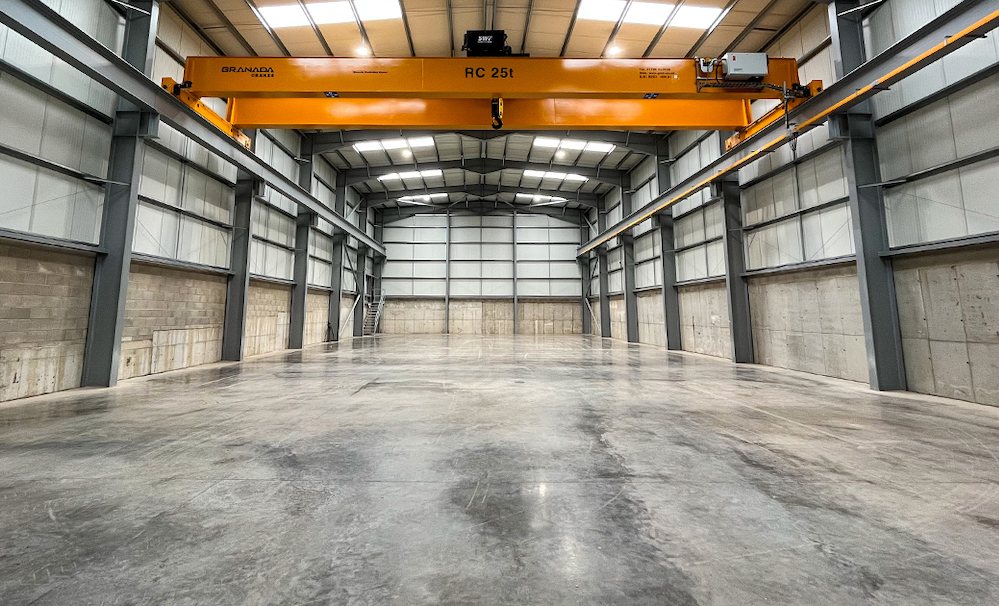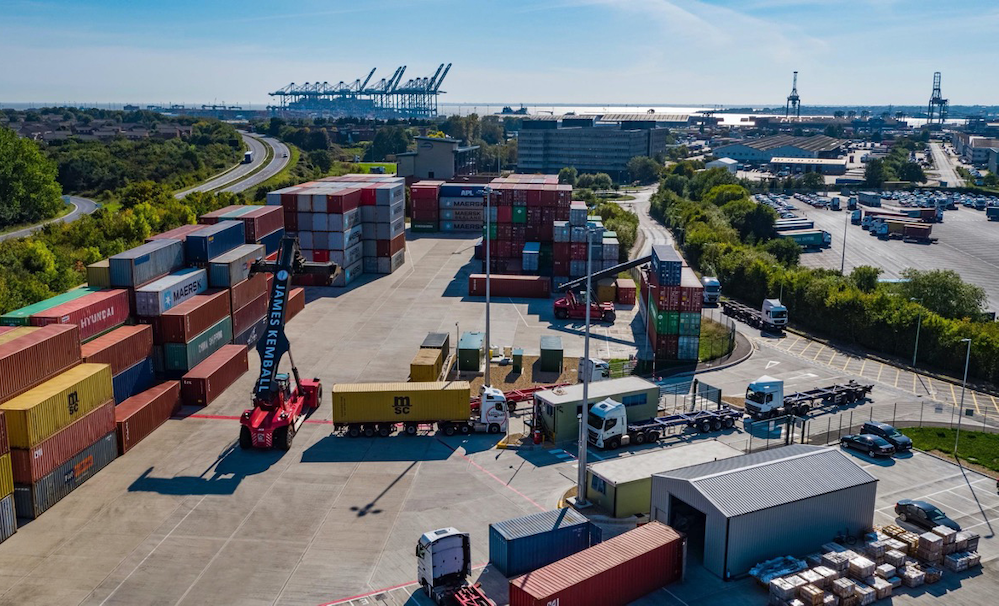Midland Pallet Trucks, a UK leader in the supply of hand pallet trucks, lift tables, moving skates, and other handling equipment to warehouses and job sites across the country, is warning manufacturers not to rely upon stockpiling as Brexit draws near.
While UK manufacturers are showing signs of ‘panic buying’ to avoid possible import fees following a no deal Brexit, purchasing trends suggest that their customers are not doing the same. One third of manufacturers have experienced below normal order levels this year, with their chosen contingency planning leaving them with more stock than they can shift. Midland Pallet Trucks warns this could be detrimental to business.
Experts at the handling equipment firm are arguing that manufacturers should be investing more in their core business at this time of political uncertainty; in new skills, new technologies, or new opportunities for growth. Especially with exports to the EU being at notoriously low levels as European countries prepare to end relationships with UK manufacturers, investing in an improvement to UK operations could prove to be a more effective technique to transition to a post-Brexit Britain than stockpiling.
“What we’re seeing right now is panic, not preparation,” says Midland Pallet Trucks Managing Director Phil Chesworth. “As we still don’t know exactly what’s going to happen when or even if we leave the EU, we need to look beyond Brexit stockpiling and really work to identify how manufacturers across every industry can prepare for Brexit in a way that will bring long term value, rather than short term order fulfilment.”
The manufacturing industry is expected to receive the brunt of the Brexit impact, with early casualties including British Steel, which recently collapsed with the loss of 4500 jobs. While manufacturing output has increased lately, contributing to the majority of the unexpected 0.5% GDP growth for Q1 2019, it is believed that this was largely due to manufacturers bringing production activity forward before the initial 29 March Brexit deadline in what experts are describing as a ‘worry boom’ perceived growth.
Following a delay from the original 29 March deadline and subsequent 12 April deadline, Brexit is now scheduled to occur by 31 October 2019 at the latest. At the time of writing, a deal has not yet been agreed, with UK businesses urged to expand their contingency plans beyond stockpiling and consider alternative techniques for ongoing growth and development within the UK, such as investing in recruitment.







